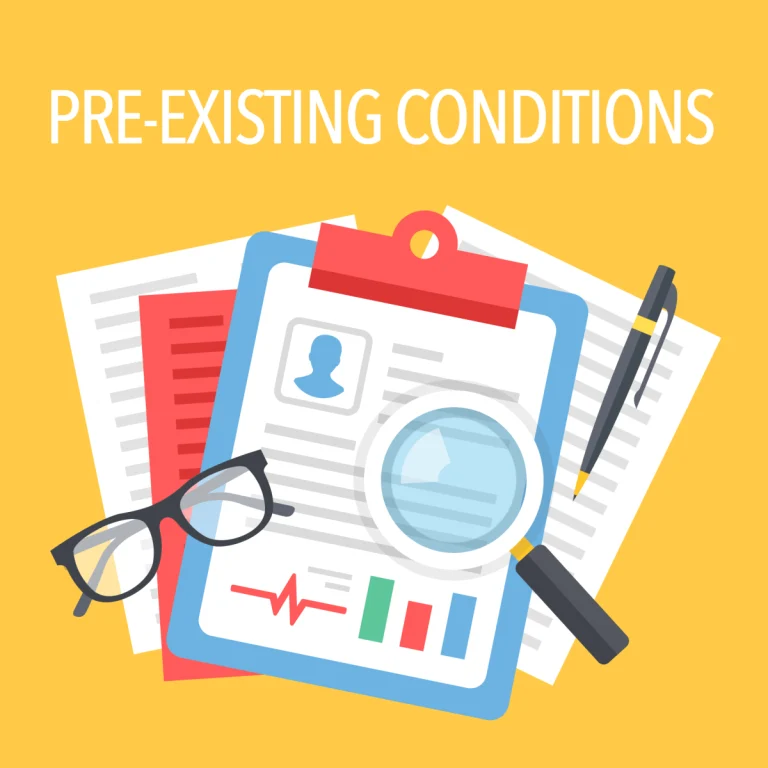Life Insurance Riders: What Are They?
Life insurance riders are additional provisions or options that you can add to your basic life insurance policy. These riders enhance the coverage and benefits of your policy, allowing you to customize it to better suit your specific needs. While a standard life insurance policy provides a lump sum payout to your beneficiaries after your death, riders offer supplementary features that address various scenarios, such as critical illness, accidental death, or disability.
In this article, we will explore life insurance riders in detail, their types, benefits, and why they are important for comprehensive financial planning.
Understanding Life Insurance Riders
Life insurance riders are essentially add-ons that modify or expand the coverage of a base insurance policy. They come at an additional cost but provide valuable benefits that can make a significant difference in times of need.
Key Features of Life Insurance Riders
- Customizable Coverage: Riders allow you to tailor your policy to your unique requirements.
- Cost-Effective: Adding riders is often more affordable than purchasing separate insurance policies.
- Enhanced Protection: Riders cover specific risks that may not be included in the base policy.
- Flexibility: You can choose riders based on your lifestyle, financial goals, and potential risks.
Types of Life Insurance Riders
There are several types of life insurance riders, each designed to address specific needs. Here are some of the most common ones:
1. Accidental Death Benefit Rider
This rider provides an additional payout if the policyholder dies due to an accident. It is particularly useful for individuals who face higher risks in their daily lives, such as those working in hazardous professions.
2. Waiver of Premium Rider
If the policyholder becomes disabled and is unable to work, this rider waives future premium payments while keeping the policy active. It ensures that the policy remains in force even during financial hardships.
3. Critical Illness Rider
A critical illness rider provides a lump sum payout if the policyholder is diagnosed with a severe illness such as cancer, heart attack, or stroke. The funds can be used for medical expenses, lifestyle adjustments, or income replacement.
4. Term Conversion Rider
This rider allows you to convert a term life insurance policy into a permanent one without undergoing a medical exam. It is beneficial if your financial needs change over time and you require lifelong coverage.
5. Child Term Rider
This rider provides coverage for the policyholder’s children. In the event of a child’s death, it offers financial support to cover funeral expenses or other related costs.
6. Long-Term Care Rider
A long-term care rider helps cover the cost of extended care services, such as nursing homes or in-home care, if the policyholder becomes unable to perform daily activities due to age or illness.
7. Guaranteed Insurability Rider
This rider allows you to purchase additional coverage at specific intervals without undergoing a medical examination. It is particularly useful if you anticipate changes in your financial responsibilities, such as getting married or having children.
Benefits of Life Insurance Riders
Adding riders to your life insurance policy offers numerous advantages, including:
- Comprehensive Coverage Riders provide protection against a wide range of risks, ensuring that you and your family are financially secure in various scenarios.
- Financial Flexibility The additional benefits offered by riders can help you manage unexpected expenses without depleting your savings.
- Peace of Mind Knowing that you are covered for specific risks can reduce stress and give you confidence in your financial plan.
- Cost Savings By bundling riders with your main policy, you can avoid the higher costs associated with purchasing separate policies for different risks.
How to Choose the Right Life Insurance Riders
Selecting the right riders involves assessing your current and future financial needs. Here are some tips to help you make an informed decision:
- Evaluate Your Risks Identify potential risks that could impact your financial stability, such as critical illness, disability, or accidental death.
- Consider Your Life Stage Your financial responsibilities may vary depending on your life stage. For example, a young parent might prioritize a child term rider, while a retiree might focus on long-term care.
- Assess Affordability While riders offer valuable benefits, they come at an additional cost. Ensure that the premiums fit within your budget.
- Consult an Insurance Advisor An experienced advisor can help you understand the available options and recommend riders that align with your goals.
Common Misconceptions About Life Insurance Riders
Despite their benefits, there are some misconceptions about life insurance riders:
- They Are Too Expensive While riders do increase the cost of your policy, they often provide significant value for the additional premium.
- They Are Not Necessary Riders address specific risks that might not be covered by a standard policy, making them an essential component of a comprehensive insurance plan.
- They Are Complicated Although riders may seem complex, a good insurance advisor can simplify the process and help you understand their benefits.
Conclusion
Life insurance riders are a powerful tool for enhancing the coverage and flexibility of your policy. By addressing specific risks and providing additional financial protection, they ensure that your insurance plan aligns with your unique needs and goals.
Whether you are a young professional, a parent, or a retiree, there are riders that can add value to your policy. Take the time to assess your risks, consult with an expert, and choose the riders that best fit your circumstances. With the right riders in place, you can enjoy greater peace of mind and financial security for yourself and your loved ones.




